Solving Common Jeep Cherokee Issues: A Guide
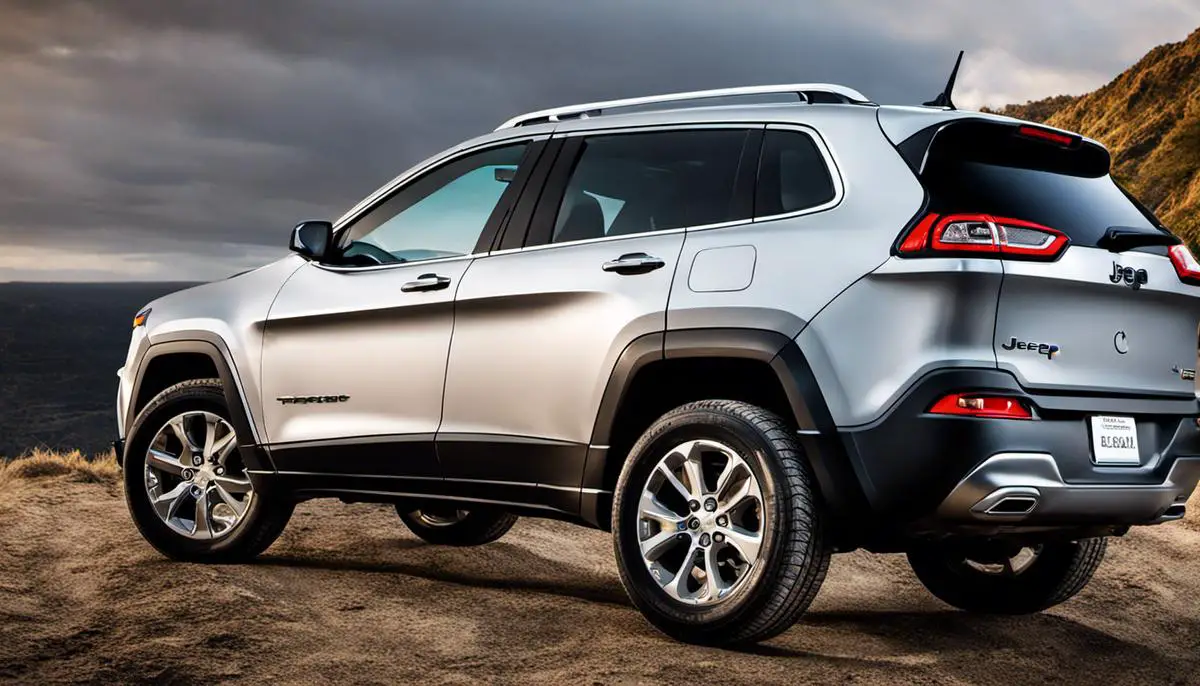
Last Updated on September 16, 2023 by Christ
Enthusiasm for the rugged and capable Jeep Cherokee spans generations, with owners deeply committed to mastering the art of driving and maintaining this versatile vehicle. This guide delves into the vital elements of understanding and troubleshooting the Jeep Cherokee, from its essential structure to common problem areas. Learning about the core structure and functions of a Jeep Cherokee offers a firm foundation for swiftly identifying and rectifying standard issues. Arm yourself with insights about engine difficulties, transmission glitches, electrical systems malfunctions, and suspension concerns that are commonly reported by Jeep Cherokee owners. Moreover, in our detailed discussions on repair techniques, we unveil the necessary tools and practical steps to fix common problems and verify their resolution. Lastly, we ensure your ride remains smooth and safe by presenting expert maintenance tips that help prevent future issues.
Contents
Basics of Jeep Cherokee
Understanding Jeep Cherokee’s Basic Structure
The Jeep Cherokee is a full-size sport utility vehicle, structured with a uni-body construction where the frame and body are one piece. This is unlike most SUVs and trucks that use a body-on-frame design. The uni-body construction gives the Cherokee a solid structural integrity, making it stronger and safer, and provides a better feel when driving.
The Cherokee has two primary sections: the front-engine compartment and the cabin area. The engine compartment contains the engine, transmission, and other related components. On the other hand, the cabin area hosts the passenger compartment, with seats and controls, and the rear cargo area.
Overview of Jeep Cherokee’s Key Components
- Engine: Most Jeep Cherokees come with either a 2.4L four-cylinder engine or a 3.2L V6 engine. Both are considered reliable and durable, providing sufficient power for both city and highway driving.
- Transmission: The Cherokee has an automatic transmission, either a six-speed or nine-speed. This component is responsible for transferring the engine’s power to the wheels in the most efficient way.
- Suspension: Cherokees have an independent suspension system that enables each wheel to move independently, improving ride quality and handling.
- Brakes: The Cherokee has disc brakes on both front and rear wheels. In addition, it has an anti-lock braking system (ABS) to prevent the wheels from locking up and skidding during sudden stops.
- Electrical System: The Cherokee uses a 12-volt electrical system. The vehicle’s battery, alternator, and starter are key electrical components.
- Fuel System: The fuel system consists of the fuel tank, pump, filter, and injectors or carburetor that mix the fuel with air and deliver it to the engine.
Common Problems and Possible Causes
While Jeep Cherokees are known for their reliability, they are not immune to problems.
Some common issues include:
- Engine Problems: If the engine is making unusual noises, overheating, or the ‘Check Engine’ light is on, it may indicate an internal problem.
- Transmission Issues: Difficulty in shifting gears, a whining noise, or a burning smell could be signs of a transmission issue.
- Brake Problems: A squealing or grinding sound, a soft brake pedal, or the vehicle pulling to one side when applying brakes indicate problems with the brake system.
- Electrical Problems: Flickering lights, difficulty starting the vehicle, or failing electronic components suggest an issue with the electrical system.
- Fuel System Problems: Poor fuel economy, engine misfires, or an overly loud engine might signify issues with the fuel system.
Understanding the basic structure and functioning of your Jeep Cherokee is the stepping stone in identifying possible sources of problems. It allows you to provide accurate information to your mechanic, or even solve some of the issues yourself.
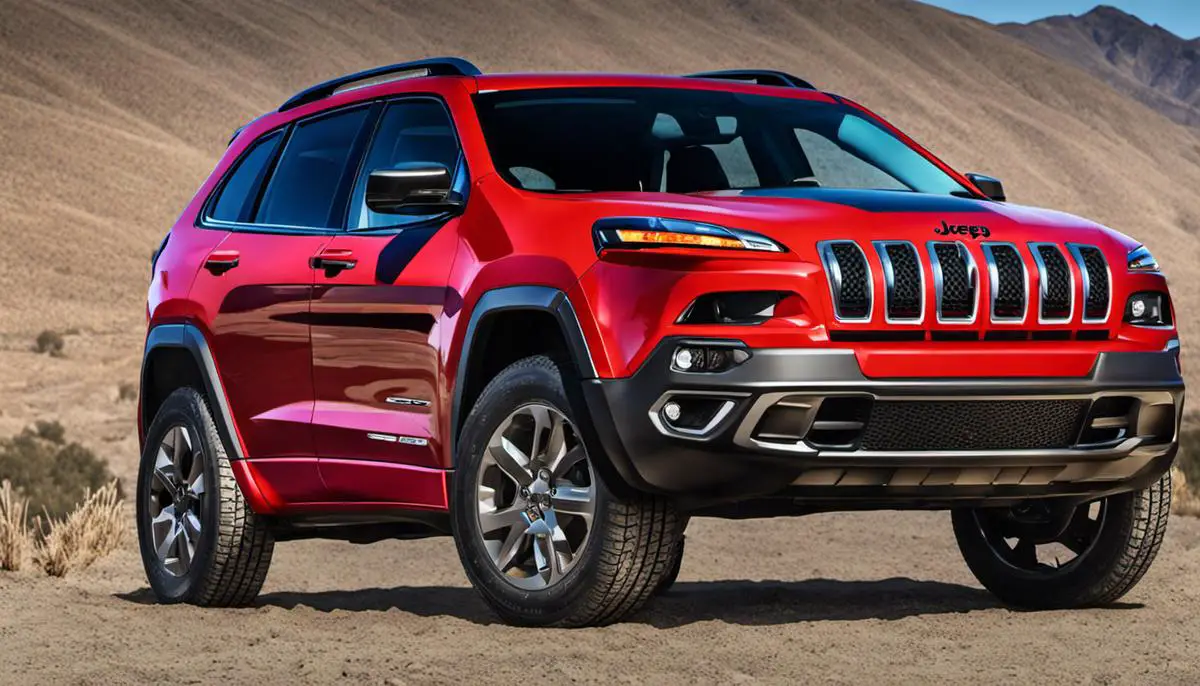
Common Jeep Cherokee Problems
Common Jeep Cherokee Problem: Engine Difficulties
One of the most commonly reported issues with Jeep Cherokee vehicles involves the engine. You might notice that your vehicle is not starting properly, or it could be stalling or misfiring. You may also observe decreased fuel efficiency or an illuminated check engine light. It’s important to check the battery and alternator first and ensure that they are working correctly. If both are fine, the problem might lie in the fuel injectors, spark plugs, or filters. It’s recommended to take your vehicle to a professional mechanic if the problem persists to avoid causing more damage.
Transmission Issues
Many Jeep Cherokee owners report issues related to the vehicle’s transmission. This could be characterized by the transmission slipping, shifting problems, or not being able to go into gear at all. In this case, check your vehicle’s transmission fluid levels to ensure that it’s not low. A low fluid level can cause various issues within the transmission. If the fluid level is alright, the transmission may need professional service or replacement.
Electrical Malfunctions
Electrical issues are also common in Jeep Cherokees. Flickering lights, malfunctioning infotainment systems, and power seats or windows not working can all be signs of an electrical issue. Before seeking professional help, first check the fuse box for any blown fuses. Also, check your vehicle’s battery. If neither the fuses nor the battery seems to be the issue, you should have a mechanic check the vehicle’s wiring for any damaged areas or loose connections.
Suspension Concerns
Jeep Cherokees can also exhibit issues related to the suspension system. If your vehicle has a rough ride or is excessively noisy, this could be a sign that something is wrong with the suspension. Check for worn-out bushes, faulty struts, or damaged shock absorbers as these are the common aspects that cause suspension issues. If the components seem to be the problem, they need to be replaced immediately to avoid further damage or potential safety risks.
Concluding Thoughts
It’s important to remember that while these are some of the most commonly reported issues with Jeep Cherokees, each vehicle is unique and may exhibit different problems. Regularly maintaining your Jeep Cherokee can go a long way towards preventing these issues, and it’s always a good idea to seek professional assistance if you’re unsure about diagnosing or fixing any issues your vehicle might have. Regular services can also help detect and address minor issues before they develop into major ones.
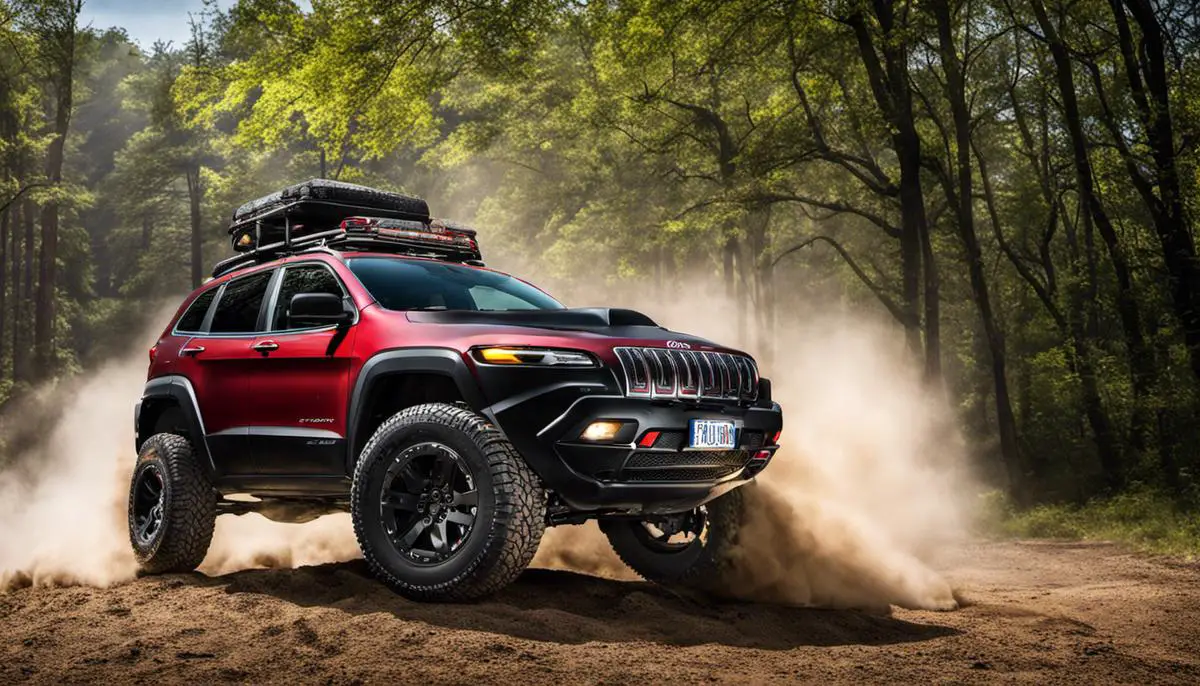
Jeep Cherokee Repair Techniques
Identify and Assess the Problem
Before any Jeep Cherokee repair work begins, it’s crucial to identify the problem accurately. Common issues range from emission issues to transmission faults, electrical glitches to engine failures. Listen to your vehicle when it’s operating, note any unusual functions or sounds, check any warning lights, and notice if the car runs differently.
Gather Necessary Tools
Before proceeding with your Jeep Cherokee repairs, you should gather all required tools. These could include a basic set of wrenches, sockets, and screwdrivers, along with more specialized automotive tools like OBDII scanners, multimeters, battery testers, and automotive stethoscopes. Having the right tools at your disposal will save you time and make the repair process easier.
Engine Problems
Engine problems can range from simple spark plug issues to severe engine failures. If your Cherokee is experiencing power loss, poor fuel economy, or engine misfires, it may be due to faulty spark plugs. To change your spark plugs, first, remove the ignition coil and spark plug wires. Then, using a spark plug socket, remove the old spark plug, check the gap of the new plug, and install it. Make sure to replace the ignition coil or wires orderly so not to mix them up. If your engine issue continues or is more severe, it may be best to seek professional help.
Transmission Problems
There may be instances where your Jeep Cherokee’s transmission fails to shift properly, or the vehicle experiences loss of power. Transmission fluid might be the culprit. Check your transmission fluid levels and quality by pulling out the dipstick, cleaning it, reinserting it, and pulling it out again. The fluid should be pinkish and not have a burnt odor. If you notice a problem with the fluid, you might need to do a transmission flush.
Brake Issues
If you notice a squeaking sound, it could be due to worn-out brake pads. Jack up the car, remove the tire, then remove the caliper to access the brake pads. Replace the worn-out pads with new ones and reassemble the brake system.
Electrical Problems
If your car’s electronic components, such as lights, windows or door locks aren’t working, a blown fuse might be the cause. Identify the problematic circuit from your Cherokee’s manual, use a fuse puller to remove the blown fuse, and replace it with a new one of the same amperage rating.
After the Repairs
After the repair work, verify whether the issue has been resolved by performing a road test. Observe the behavior of the vehicle, listen for unusual sounds, and check if any warning lights are still illuminated. If the problem still persists, it would then be best to take the vehicle to a mechanic for a professional and thorough diagnosis. Remember, regular maintenance can prevent many common problems. The best cure is always prevention.
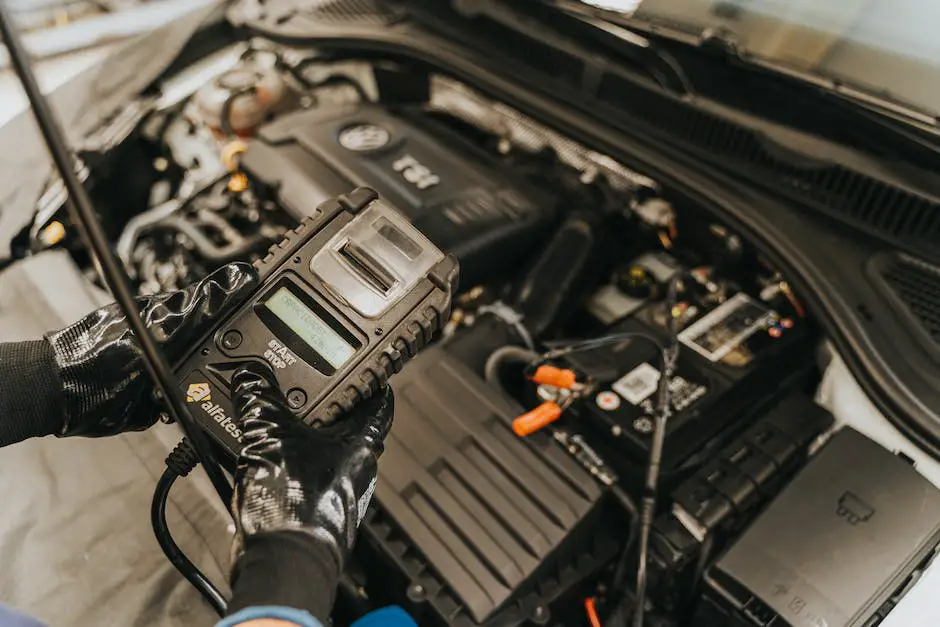
Jeep Cherokee Maintenance Tips
Routine Part Checks
For your Jeep Cherokee, it is important to regularly review the condition of integral parts. Start by checking the fluid levels including the engine oil, transmission fluid, brake fluid, and coolant. Make sure these are topped off and changed at recommended intervals. A low fluid level can indicate a possible leak or that it’s time for maintenance. Next, move on to inspect your battery to ensure your connections are clean, tight, and corrosion-free. Also, check for visible signs of wear and tear on belts and hoses. If you spot any cracks or frays, replace them immediately.
Engine Oil Changes
Regular oil changes are crucial for healthy engine maintenance. As a rule of thumb, oil change is typically recommended every 3,000 to 5,000 miles. However, the type of oil, the age and make of your vehicle, and your driving habits can all affect this guideline. If you do a lot of off-roading, idle frequently, or drive in a lot of stop-and-go traffic, you may need more frequent oil changes. Using fully synthetic oil can provide better performance and may extend the interval between changes. Always refer to your Jeep’s operating manual for manufacturer’s recommendations.
Tire Care
Maintaining your tires properly will not only make your vehicle safer, but can improve gas mileage and extend the life of your tires. Consistently check your tire pressure to ensure tires are properly inflated—not too high and not too low. Neglecting this step can lead to poor traction, lower fuel efficiency, and worn out tires. You should also rotate your tires, which involves moving them from one side of the vehicle to the other, moving them from front to back, or a combination of both. This can help your tires wear more evenly and extend their lifespan. Alignments too, can help extend tire life by ensuring your vehicle is properly balanced and tires wear evenly.
Resolving Potential Problems
Jeep Cherokees are rugged and reliable, but occasionally they need special attention to keep running smoothly. Some common issues include cooling system problems and transmission issues. If your vehicle is overheating, check the coolant system for leaks or a faulty radiator. If you’re experiencing problems shifting, it could be a transmission issue that would require attention from a professional mechanic. Communicating any noticeable changes in your vehicle’s performance can help the mechanic diagnose the problem.
Preventive Maintenance
The key to jeep longevity is preventive maintenance. Investing in regular inspections, timely oil changes, and paying attention to the signs your vehicle gives you, can save you from expensive repairs in the long term. And remember, always refer to your Jeep Cherokee owner’s manual for specific information about maintenance schedules, recommended fluids, and tire pressure.
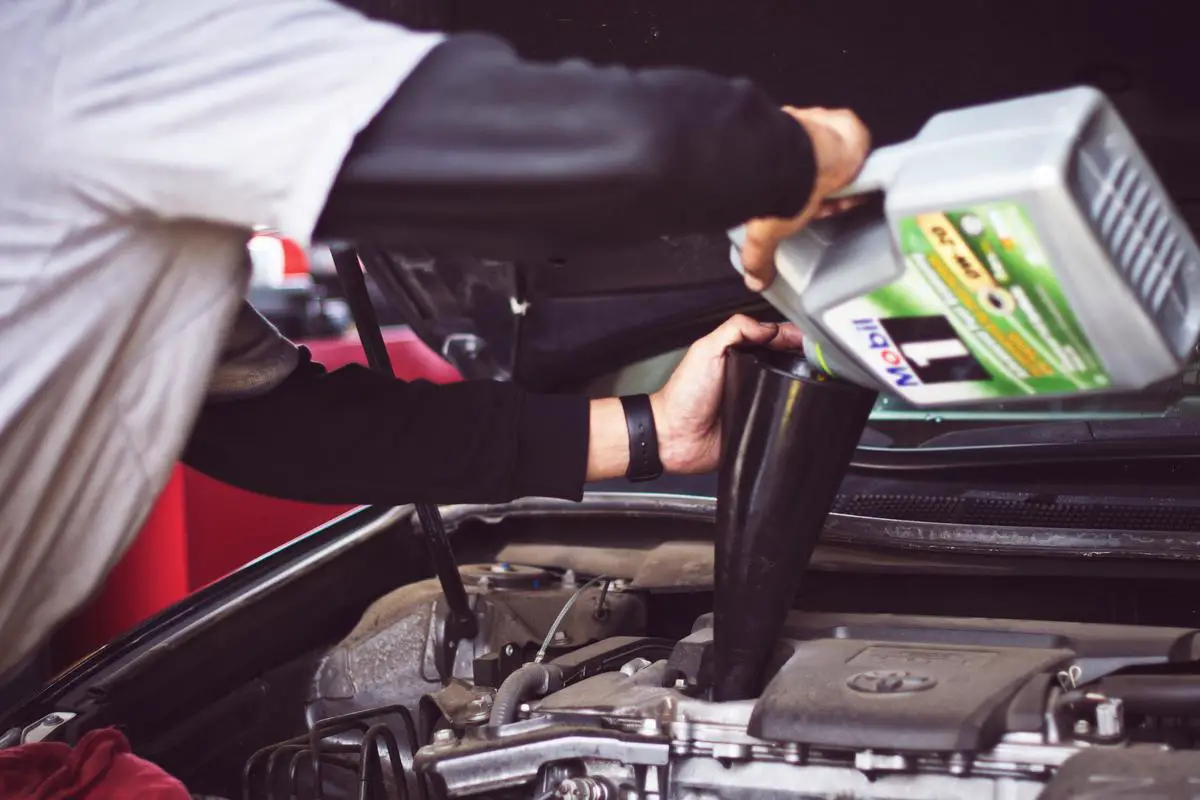
Photo by timmossholder on Unsplash
Knowledge is the key to conquering any challenge, including the efficient management and maintenance of your Jeep Cherokee. By understanding common issues and acquiring problem-solving skills, you empower yourself to tackle challenges head-first, extending the life and performance of your vehicle. Alongside troubleshooting techniques, adherence to regular maintenance routines is paramount in averting future issues, enabling you to enjoy the full potential of your Jeep Cherokee. This guide provides you with a comprehensive understanding of your vehicle and equips you with the knowledge to keep your vehicle at its peak. So, whether you’re crisscrossing city streets or tackling treacherous off-road terrain, your well-maintained Jeep Cherokee is always ready to get you to your destination.
Leave a Reply